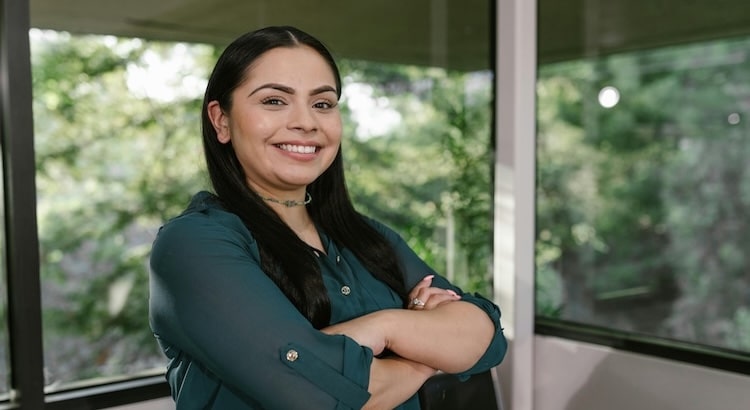Understanding Accents in a Globalized World
In today's interconnected world, more people communicate across borders than ever before. As a result, individuals encounter a wide range of accents in both personal and professional settings. While accents add richness to our conversations, they can sometimes present challenges for clear communication.
What Is an Accent?
An accent is a way of pronouncing words that is specific to a region, country, or community. Several factors shape a person's accent:
- Geographic location: People speak differently based on where they grew up.
- Socioeconomic background: Class or education levels can influence pronunciation.
- Ethnicity: Cultural heritage may affect how someone sounds.
- Native language: When someone speaks a second language, their first language often influences their accent.
Accents showcase the diversity and uniqueness of the global community.
The Role of Accents in Communication
Accents can make conversations more engaging, but they might also cause misunderstandings. In professional environments, accent differences can impact teamwork and message clarity.
- Miscommunication: Strong or unfamiliar accents may cause listeners to miss important details.
- Reduced confidence: People with accents may feel hesitant to speak up if others have difficulty understanding them.
- Professional barriers: Research from Cornell University found that accents can negatively impact organizational communication and the perception of authority (Livingston, 2014).
Accent Bias in the Workplace
Accent bias happens when people judge someone based on how they sound. Studies show this bias can affect hiring, promotions, and teamwork—even if the speaker is highly skilled or experienced.
- Communication barriers: Colleagues may unconsciously favor certain accents, leading to misunderstandings or missed opportunities.
- Message effectiveness: A study reported that accents could impact the ability to persuade or convey ideas at work (Livingston, 2014).
- Global shift: As workplaces diversify, awareness of accents and bias is increasing, helping to create more inclusive environments.
How Transcription and Captioning Services Help
When accents create obstacles in understanding, technology can bridge the gap. Transcription and captioning services ensure everyone can access the intended message, regardless of the speaker’s accent.
Key Benefits of Transcription Services
- Improved understanding: Written transcripts allow readers to review and clarify spoken content.
- Accessibility: Individuals with hearing challenges or language learners benefit from having a written record of spoken information.
- Increased reach: Organizations can expand their audience by making content accessible to those with varying language abilities.
Services such as professional transcription and automated transcription offer accurate conversion of speech—including diverse accents—into text. Businesses can also explore an AI transcription subscription for regular, cost-effective services.
Value of Captioning and Subtitling
- Video accessibility: Adding captions to videos ensures people can follow dialogue, even with strong accents or background noise.
- Global outreach: Subtitles help non-native speakers understand content, expanding your content's impact worldwide.
- Compliance: Many industries follow regulations that require accessible content, such as education and healthcare.
GoTranscript provides specialized closed caption services and subtitle services to meet these needs. Discover affordable options with up-to-date captioning pricing.
Overcoming Accent Barriers with Human Expertise
Automated services are useful, but handling thick or unique accents often requires human touch. At GoTranscript, a diverse team of experienced transcribers works together to ensure accuracy, even with the most challenging accents.
- Accent training: Human transcribers adapt to regional and global accents.
- Proofreading: Every transcript goes through proofreading to guarantee clarity and precision.
- Multilingual support: Additional text translation and audio translation make content accessible to international audiences.
How to Get Started with Accessible Content
Whether you're sharing a podcast, an online course, or a business meeting, accessible communication is within reach.
- Choose a transcription service that specializes in accent diversity.
- Review transcription pricing to select a plan that fits your needs.
- Order your transcript or order captions easily online.
Conclusion: Bring People Closer with Clear Communication
Accents bring color and diversity to global conversations. While they can present communication challenges, transcription and captioning services help connect people across different regions and backgrounds.
GoTranscript offers expert solutions for transcription, captioning, and subtitling—helping everyone understand and be understood, no matter their accent.



















 Verified Order
Verified Order